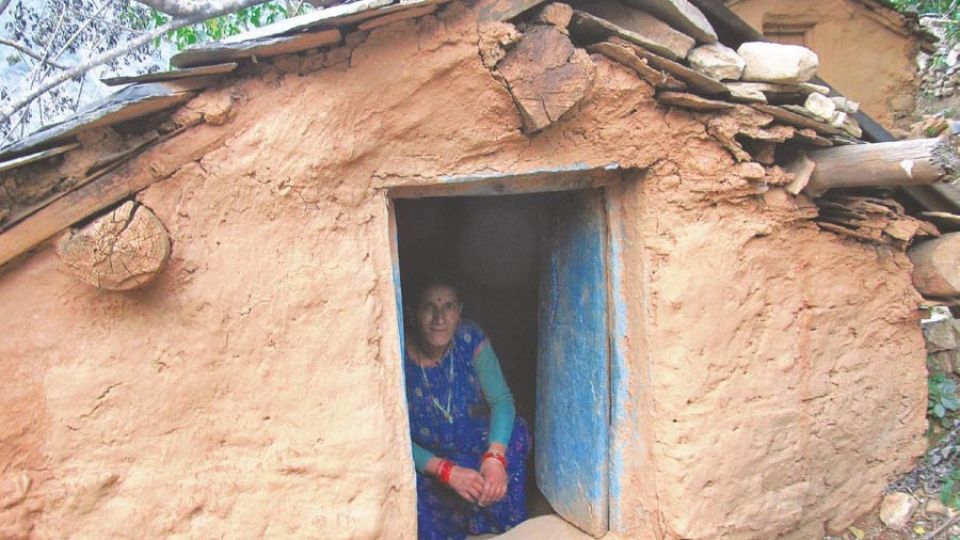June 27, 2024
KATHMANDU – In yet another instance of the Nepali society failing to provide a safe space to women, a 16-year girl was raped in Panchadewal Binayak Municipality in Achham on Monday. The victim was staying in a chhau goth, or menstrual shed, at her maternal uncle’s home when she was violated by her distant relative. After years of awareness campaigns and the breaking of chhau sheds by central and local governments as well as non-governmental agencies, the victimisation of women remains a daily occurrence in several parts of Nepal, especially Karnali and Sudurpaschim provinces.
The chhaupadi system was outlawed by the Supreme Court in 2005; in 2017, it was made punishable by up to three months in jail or a fine of Rs3,000 or both. But the inhumane practice remains deeply rooted in parts of Nepali society. While reports of extreme cases come from the hinterlands, menstrual taboo rules the roost even in the sophisticated drawing rooms and kitchens of urban centres. Impurity runs in the psyche of the average Nepali; menstrual blood simply oils the juggernaut of superstition, patriarchy and misogyny that is Nepali society.
As disturbing as the news of the rape is the report that the victim’s relatives tried to conceal the incident. After all, this is a society whose so-called honour lies in the private parts of a woman. If it cannot save the woman from predators, it must hide the fact that it could not save the woman. From celebrating and defending rape-accused celebrities to punishing victims for speaking up, this society fails women each day. Just consider how unsafe this place is for women who have to suffer the indignity of chhau in this day and age.
Cold, rain, wild animals, serpents or asphyxiation do not even come close to the danger they face from men. The tragic irony is that the woman who becomes “impure” or “untouchable” inside the home remains an object of desire inside the chhau shed. Consider how many cases of sexual assaults might have been brushed under the carpet in the name of family honour. Every night a woman has to spend in a chhau shed should count as the death of the conscience of Nepali society.
Gauri Kumari Bayak and Amba Bohara and her two children were killed in 2018; Parbati Bogati and Parbati Budha were killed in 2019 in menstrual huts; and the list goes on, the tragedies returning each year. How many women must be raped and murdered before the society goes beyond the “shame” and “honour” dichotomy and considers women equal humans?
How many seminars, constitutions and movements does it take for the state to be able to create a safe space for women? The society and the state must answer. Until it can guarantee safety and dignity to the women, the Nepali state might want to keep the national flag half-mast. After all, one-half of the flag belongs to the women, who make up half of the country’s population.


